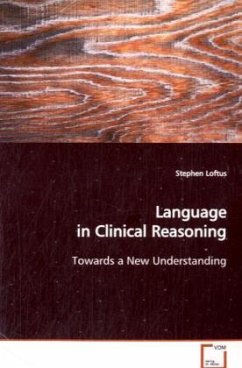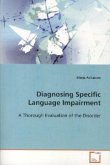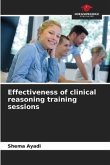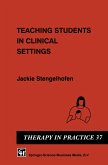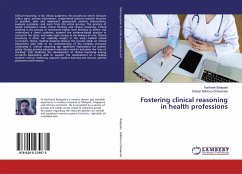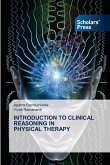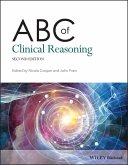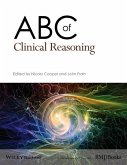Clinical reasoning is still poorly understood. This
book opens up the subject by looking from the
viewpoint of language use. Adopting an
interdisciplinary approach, informed by scholars
such as Wittgenstein, Vygotsky, Bakhtin and Gadamer,
the study utilises a social constructionist approach
to reveal that clinical reasoning is primarily a
social and linguistic skill, acquired by
participating in communities of practice called
health professions. These communities of practice
have their own subculture which includes an
interpretive repertoire of specific language tools
and skills. The interpretive repertoire that health
professionals need to master includes skills with
words, categories, metaphors, heuristics,
narratives, rituals, rhetoric, and hermeneutics. All
these skills need to be coordinated, both in
constructing a diagnosis and management plan and in
communicating clinical decisions to other people, in
a manner that can be judged as intelligible,
legitimate, persuasive, and carrying the moral
authority for subsequent action. The book will be of
interest to educators and practitioners in the
health professions.
book opens up the subject by looking from the
viewpoint of language use. Adopting an
interdisciplinary approach, informed by scholars
such as Wittgenstein, Vygotsky, Bakhtin and Gadamer,
the study utilises a social constructionist approach
to reveal that clinical reasoning is primarily a
social and linguistic skill, acquired by
participating in communities of practice called
health professions. These communities of practice
have their own subculture which includes an
interpretive repertoire of specific language tools
and skills. The interpretive repertoire that health
professionals need to master includes skills with
words, categories, metaphors, heuristics,
narratives, rituals, rhetoric, and hermeneutics. All
these skills need to be coordinated, both in
constructing a diagnosis and management plan and in
communicating clinical decisions to other people, in
a manner that can be judged as intelligible,
legitimate, persuasive, and carrying the moral
authority for subsequent action. The book will be of
interest to educators and practitioners in the
health professions.

